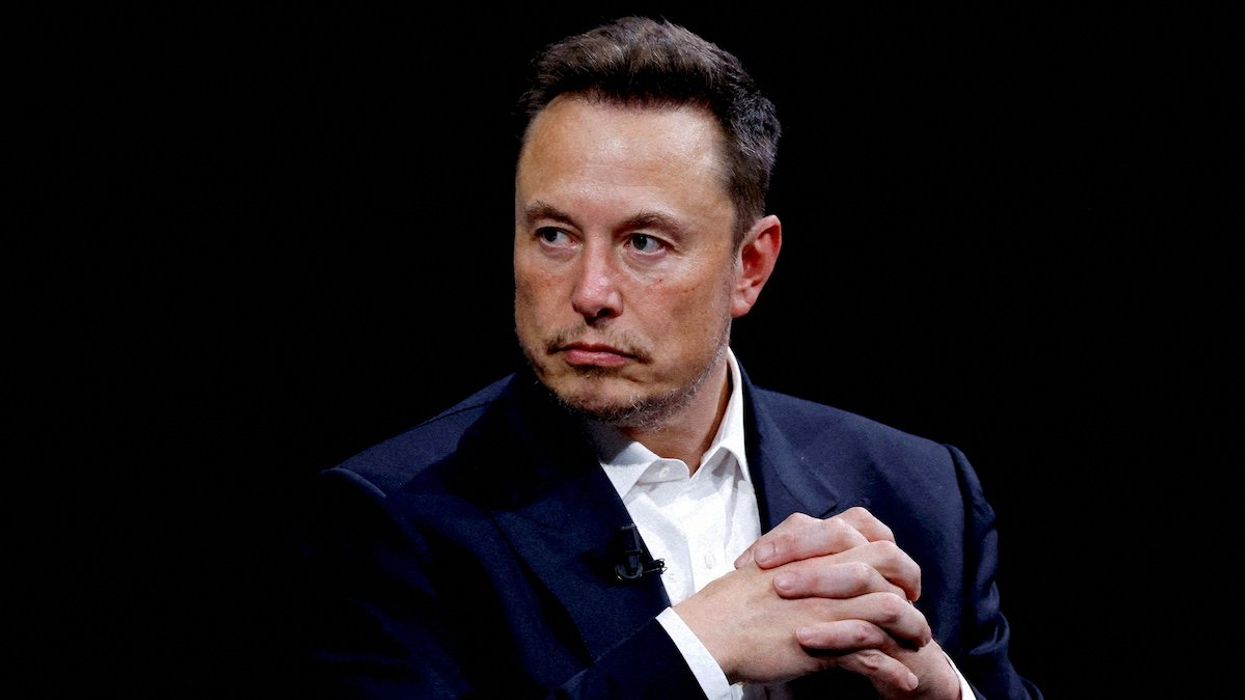GZERO North
Atwood and Musk agree on Online Harms Act
Space capitalist Elon Musk and Canadian literary legend Margaret Atwood are in agreement …. on warning that Canadian legislation to bring order to cyberspace threatens freedom of speech, which suggests that Justin Trudeau may have to go back to the drawing board.
14 Mar, 2024


